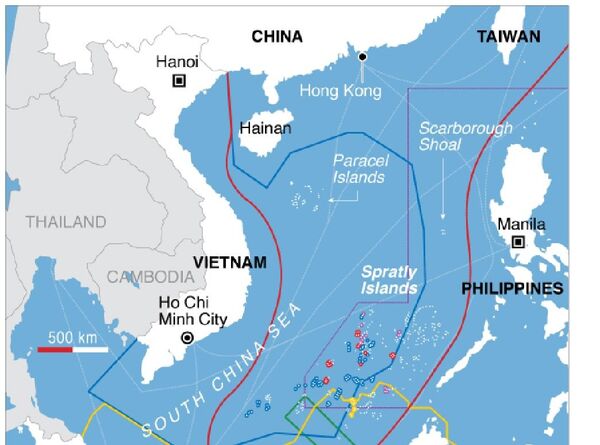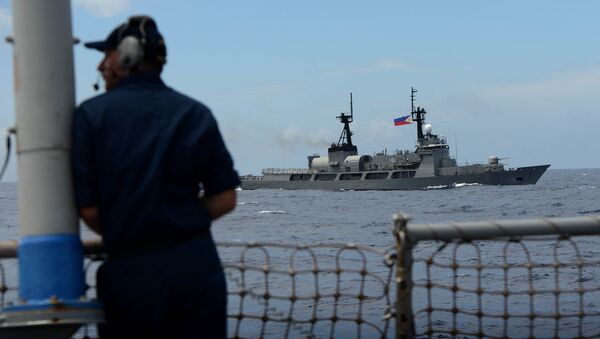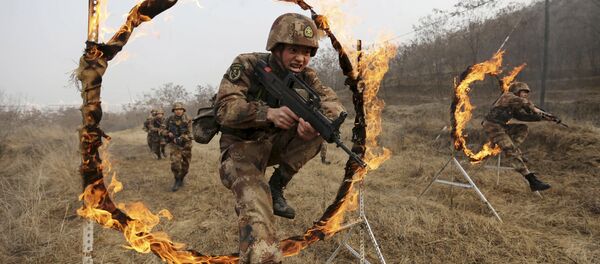As Robinson said in Canberra, Australia, nations must continue to exercise their freedom to fly and sail in the contested area, lest they "risk losing it throughout the region," the Japan Times reported.
The South China Sea, a major conduit for world trade, is contested by several governments. The United States claims no part of the sea, but is inclined to ensure freedom of navigation and overflight and the non-use of force and coercion to assert territorial claims.
Chinese Foreign Minister Wang Yi stated earlier that Beijing will not permit other nations to infringe on what it considers its sovereign rights in the strategically vital area.
Asked whether the US would retaliate should an American jet be shot down by Chinese forces, Robinson declined to comment, but noted that two nations' military forces signed an agreement on air-to-air rules of behavior in international airspace in September and would continue discussions on the subject this year. According to Robinson, this will reduce the "possibility of miscalculation" that could lead to an all-out war in an increasingly militarized region.
"That has allowed us to have continuous dialogue with the Chinese about how to conduct safe intercepts and intercepts in accordance with international rules and norms."
As part of the region's militarization, General Robinson noted that Russian long-range aircraft have reportedly been increasingly active in the Pacific, flying near Japan and Guam.
The US aims to increase its presence in Pacific region by negotiating the rotation of its bombers through air bases in Northern Australia, Robinson added.




